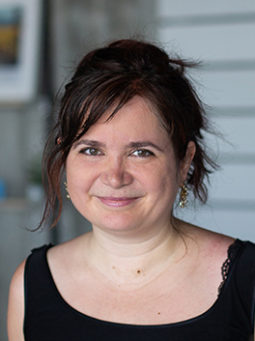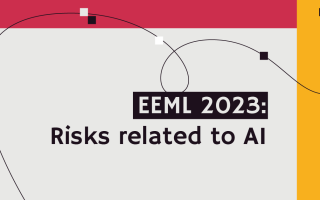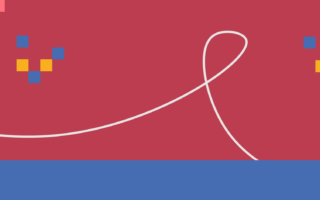What's
Our AI tools will support the Central European fact-checkers
The impact of disinformation in Central Europe became alarming during the COVID-19 pandemic and even more so after the start of the war in Ukraine in 2022. There are many reasons why the issue is critical. The similarity between the three Slavic languages (Slovak, Czech and Polish) speeds up spreading content across the borders. Also, the lower level of media literacy in comparison to the rest of Europe contributes to the high trust in conspiracy theories and other false information.
The combination of increasing media literacy of citizens and fact-checking efforts proved to be the most effective in mitigating the effects of political disinformation. Therefore, Slovakia together with Czech Republic and Poland joined their efforts in supporting these two areas within The Central European Digital Media Observatory (CEDMO) hub.
The reasons to support fact-checkers by AI
Independent fact-checking is crucial to provide objectivity. Unfortunately, Central European fact-checkers are extremely overloaded. For example, only one verified fact-checker checks all Slovak suspicious content on Facebook through Facebook’s third-party fact-checking program. Naturally, under these circumstances, the fact-checkers cannot cope with the amount of online content spreading disinformation that is posted online every day.
The whole fact-checking process is time-consuming. It involves monitoring of potentially misleading content, selection of factual claims to be fact-checked, searching for the sources of evidence and producing the final fact-checking articles and posts on social media. The process, where at least two fact-checkers are involved to check the truthfulness of their article and where bulletproof sources must be listed, cannot keep up with the speed of creation of disinformation content. Therefore, our fact-checkers need help.
The main aim of CEDMO technology partners, namely Kempelen Institute of Intelligent Technologies (KInIT) and Czech Technical University (CTU), is to make fact-checking faster and more effective. We are researching and developing artificial intelligence (AI) that will support, or even automate the individual steps of the fact-checking process. Our emphasis is on transparency, explainability and multilinguality of these tools, to provide support in our local languages that is insufficient or even non-existent at the moment.
AI tools to support fact-checkers
In order to understand fact-checkers’ needs and requirements, we conducted semi-structured in-depth interviews and surveys with nine fact-checkers from five major fact-checking organizations that are gathered in CEDMO. In this way, we are striving to develop human-centered AI tools to support fact-checking.
We identified the most critical pains and needs with the fact-checkers. These requirements influenced our selection of fact-checking steps, which we aim to support with AI. The following picture shows how we mapped the fact-checkers’ needs to the proposed tools:
The proposed design and architecture of the future solution consists of four novel tools, each supporting one of the above-mentioned fact-checking steps. These tools will be built on top of research infrastructure Monant, our prototype to monitor web and deploy AI models. These results will form the basis for our future work during the next phases of the CEDMO project.
We expect that the disinformation landscape will change as the result of countermeasures undertaken due to the ongoing Russia-Ukraine war. For example, banning major disinformation news portals, which already happened in the Czech Republic and Slovakia, may lead to a shift to less-regulated instant messaging services like Telegram.
We have already taken such expectations into consideration in the proposal of the solution. However, we will re-evaluate the details of the proposed solution with fact-checkers in the future. We will continuously monitor the dynamically changing situation and reflect the potentially altered fact-checkers’ needs in implementation of our AI based supporting tools.


